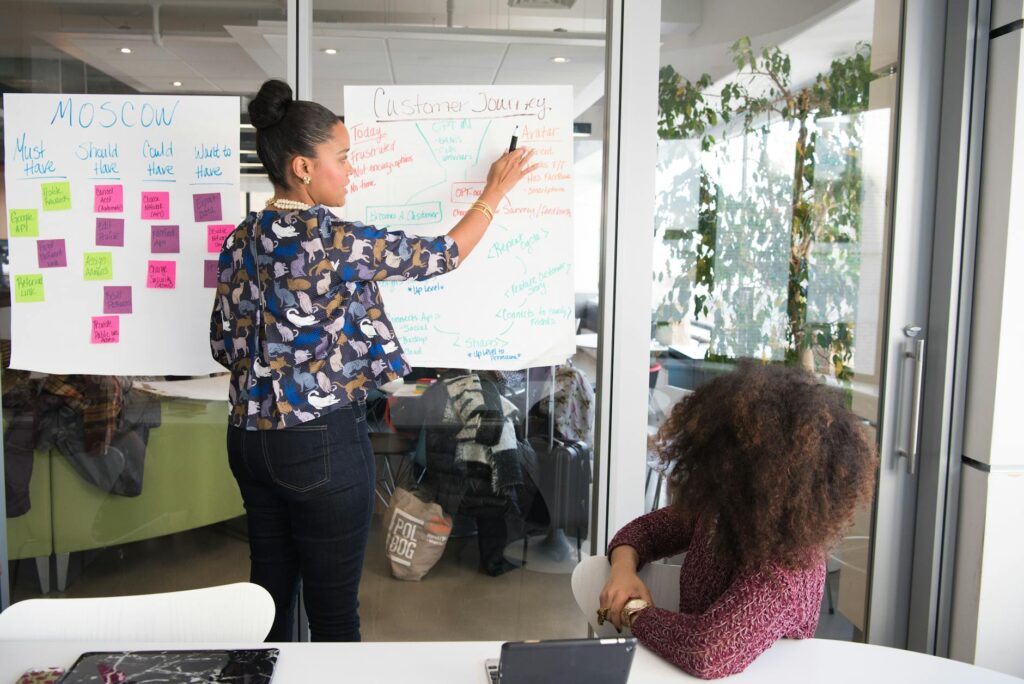What is personal organization?

What is Personal Organization?
Personal organization is more than just keeping your desk tidy; it’s a way of life that shapes productivity, enhances time management, and supports work-life balance. In a world overflowing with distractions, mastering personal organization can lead to significant improvements in both personal and professional settings. By understanding the elements and benefits of personal organization, you can take control of your life and create a structured environment that fosters success.
Understanding Personal Organization
Personal organization encompasses various methods and strategies aimed at sorting, prioritizing, and managing tasks. It is about creating a coherent system that aligns your daily activities with your goals.
Defining Personal Organization
At its core, personal organization refers to how you arrange your tasks, time, and resources. Think of it as a map that guides you through your responsibilities, helping you reach your desired destination with less stress. When you’re well-organized, you can work more efficiently and enjoy a greater sense of control over your life. This improved efficiency can significantly reduce stress levels, as there’s less chaos to manage.
Key Elements of Personal Organization
Several key elements play a vital role in personal organization:
- Goal Setting: Establish clear, attainable goals to guide your actions.
- Prioritization: Determine which tasks are most critical and tackle them first.
- Task Management: Break down larger projects into manageable tasks to avoid feeling overwhelmed.
- Time Allocation: Allocate specific time blocks for each task to ensure steady progress.
Understanding these components is essential for creating a personalized organization system that works for you. For more on developing a personal organization system, check out this resource.
Benefits of Personal Organization
Implementing effective personal organization strategies can lead to numerous advantages that enhance both your work and personal life.
Improved Productivity
One of the most immediate benefits of personal organization is increased productivity. When you have a clear plan and structure, you can focus on essential tasks without distractions. This efficiency translates into more completed projects and less time spent on low-value activities.
Enhanced Time Management
Being organized allows you to manage your time more effectively. You can better allocate your hours to high-priority tasks, ensuring that your most important work gets done first. By using tools like calendars and planners, you can visualize your time and make informed decisions about how to spend it. For insights on the health benefits of being organized, visit this article.
Reduced Stress Levels
A cluttered life often leads to a cluttered mind. By minimizing chaos through organization, you can enhance clarity and focus. This reduction in mental clutter has a direct correlation with lower stress levels. When you know where everything is and what you need to do, you can approach challenges with a clearer mindset.
Practical Strategies for Personal Organization
Now that we understand the importance and benefits of personal organization, let’s explore some practical strategies to implement these concepts into your daily life.
Setting SMART Goals
Setting goals using the SMART criteria ensures they are Specific, Measurable, Achievable, Relevant, and Time-bound. For instance, instead of saying, “I want to get fit,” you could define a SMART goal like, “I will exercise three times a week for 30 minutes for the next month.” This clarity helps you track your progress and stay motivated.
Use of Digital Tools and Apps
In today’s digital age, many tools can aid in personal organization. Applications like Todoist, Trello, and Evernote allow you to create lists, manage tasks, and keep notes efficiently. They provide reminders, deadlines, and a visual way to track your progress. Exploring different options could help you find the ones that best suit your needs.
Establishing Routines and Habits
Creating daily routines can significantly enhance your personal organization. When you establish consistent habits, you automate decision-making, reduce stress, and create a rhythm in your life. Whether it’s a morning routine to kickstart your day or an evening routine to wind down, these habits set the tone for a more organized life.

Photo by Christina Morillo
Challenges in Maintaining Personal Organization
Despite the benefits, many individuals face challenges in maintaining personal organization. Recognizing these obstacles is the first step toward overcoming them.
Procrastination and Distractions
Procrastination is a common hurdle when it comes to personal organization. To combat this, break tasks into smaller, manageable pieces and set specific deadlines for each. Distractions can also derail your progress; consider finding a quiet workspace or using apps designed to block distracting websites during work hours.
Overcoming Information Overload
In our digital era, we often encounter an overwhelming amount of information. To manage this, prioritize your sources and only consume information relevant to your goals. Implementing a “zero inbox” policy for emails can also help you manage communications more effectively.
Conclusion
Personal organization is a vital skill that enables you to navigate the chaos of daily life with ease. By understanding its components, benefits, and practical strategies, you can create a structured environment that enhances productivity and reduces stress. Remember, the journey to personal organization is ongoing. Start with small changes, and over time, you’ll cultivate habits that lead to an organized and fulfilling life. Embrace the process and watch as your efforts transform your productivity and quality of life.